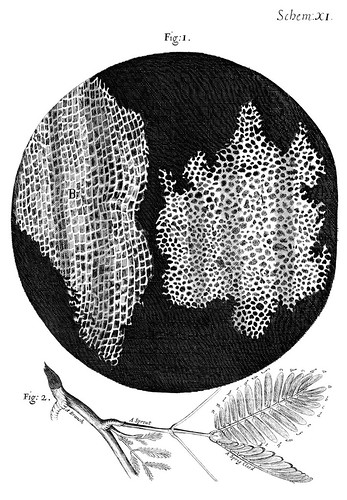I was recently privileged to read
The Immortal Life of Henrietta Lacks, by Rebecca Skloot. (See
here for a
New York Times book review of the book,
here for the Wikipedia article on the book, as well as
here for a Wikipedia article on the late Mrs. Lacks.)
HeLa cells, the human cells now used most widely in culture, were taken from a sample tissue from a cancer in Mrs. Lacks. She didn't know that this was done. Some medical supply companies made billions off of her cells.
Every person who deals with medical patients in an office or a hospital should read this book. I won't re-tell it, but here are some of the lessons I got from the book:
1) Every person, regardless of race, sex, or knowledge, is entitled to respect as a patient, and, as far as possible, to informed consent -- they should be told the consequences of procedures they are about to undergo, so that they can understand they consequences.*
Henrietta Lacks, the descendant of slaves, was not usually told the consequences of the treatments she got, let alone told the risks, in any way, let alone in ways she could understand.
Her children did not know what a cell was, or, really what cancer is. They couldn't help their ignorance. Skloot, in the course of writing the book, saw to it that, finally, they did understand the basics of what happened to their mother.
2) Scientists can be pretty stupid. HeLa cells are hardy, and spread easily. They infected literally millions of dollars worth of other cell cultures that weren't supposed to be HeLa, but really were. Even when this was pointed out to them, most of the cell culture scientists didn't believe it, or take proper precautions to avoid more contamination.
3) According to Skloot, US law still does not give patients control over cells derived from them. They are deemed discarded by the patient, and the doctor or hospital is free to use them as they see fit. Maybe that's OK, maybe not, but something seems unfair about this matter.
Besides the above, the book is absorbing, scientifically, ethically, historically, and personally. Ms. Skloot has done the Lacks family, and all of us, an enormous service, and worked very hard, under adverse conditions, for years, to accomplish the writing.
Skloot is a science writer by profession. She claims no religious belief, and was amazed, and, I think, impacted, by the religious expression and belief of the Lacks family.
The author used some of the proceeds from her book to fund the
Henrietta Lacks foundation, which attempts to help people who have made unwitting contributions to medical science, like Lacks.
Thanks for reading. Read Skloot.
* * * * *
*A decade or so ago, I took a relative of mine, who was unable
to read, to a hospital, for some routine matter. He was given a consent
form, small print on both sides of normal-sized paper, and asked to sign
it and return it, with the expectation that he do so immediately. The
signature supposedly absolved the hospital from liability, should
anything go wrong. He signed it, and I didn't object. I had been to the
same hospital, and seen the same form, presented in the same way, a year or so before. I can read fairly rapidly, but it would have taken me at least 20 minutes to read and
(maybe) understand the form. I did read enough to see that the form said
that, in signing the document, you were certifying that you had read
and understood it. This lawyer-inspired farce was mostly harmless, but
it definitely wasn't
informed consent! I would assume that the
signature really wouldn't have exempted that hospital from claims for
damage, in the event of negligence or malpractice.







